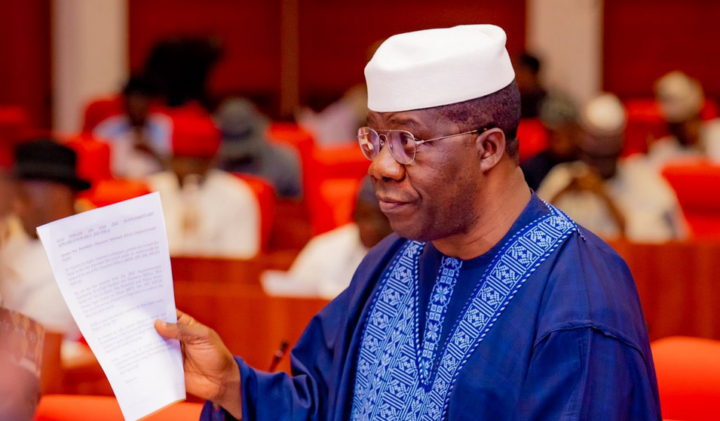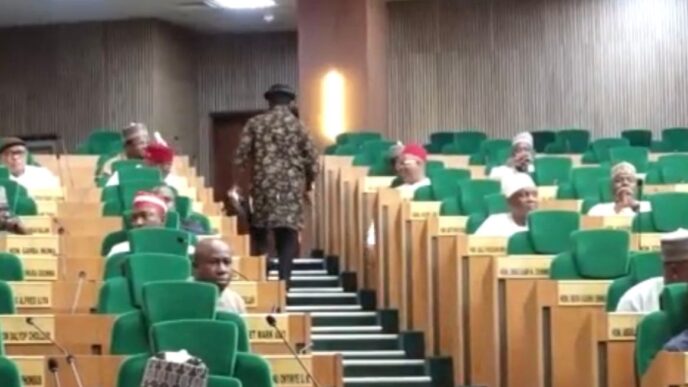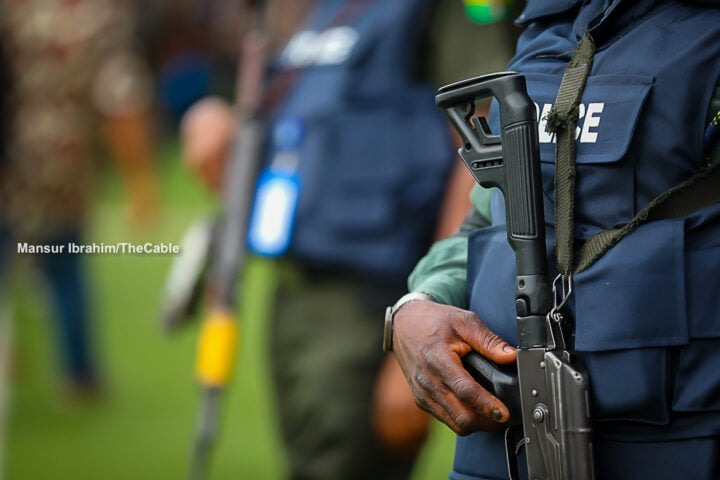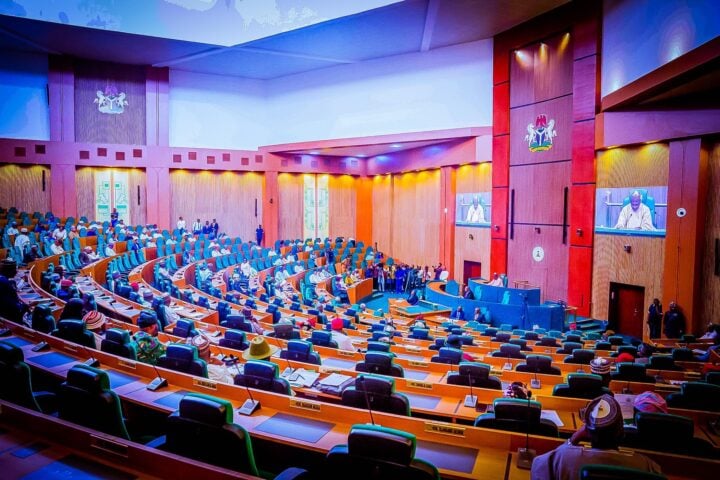Opeyemi Bamidele, majority leader of the senate
Opeyemi Bamidele, the majority leader of the senate, says some fundamental changes must be made for the police to be effective in providing security in the country.
Bamidele spoke on Monday at the 2024 distinguished personality lecture series organised by the department of political science and the Institute of Legislative Studies at the University of Ilorin, Kwara state.
“Understanding these dynamics can help in appreciating what needs to be done to improve security in the country,” Bamidele said.
“It is clear that Nigerians do not fully appreciate the depth and scale of the challenges facing the police.
Advertisement
“I maintain that the police have not been set up properly to succeed in this nation. Effective policing in Nigeria is almost impossible unless there are fundamental changes.
“Indeed, the constraints faced by the police are used as excuses for various misconducts and unprofessional behaviours by many officers of the force.
“Despite many attempts by the leadership of the Nigeria Police to enforce discipline and even sack bad eggs, operational misconduct is still prevalent in the ranks of police operatives, and this undermines their capacity to decisively respond to pervasive insecurity nationwide.”
Advertisement
Bamidele said security outfits such as vigilante groups are exercising the powers of state police outside the purview of the constitution.
“This provision expressly empowers the state house of assembly to make laws for the peace, order, and good government of the state or any part thereof,” he said.
“But section 214 of the 1999 Constitution explicitly grants the federal power absolute policing powers.
“It is therefore improper for state governments to exercise policing powers without clearly defined constitutional provisions or a nationally defined legal framework in order to avoid undue descent into anarchy.”
Advertisement
The senate leader said, if established, there should be federal oversight and independent review boards to check the misuse of power by state police.
“States must be prepared to allocate adequate resources for training, equipping, and remunerating their police personnel,” he said.
“On its part, the federal government can support this transition through grants and technical assistance, ensuring that no state is left behind due to financial constraints.”
Advertisement
Add a comment









